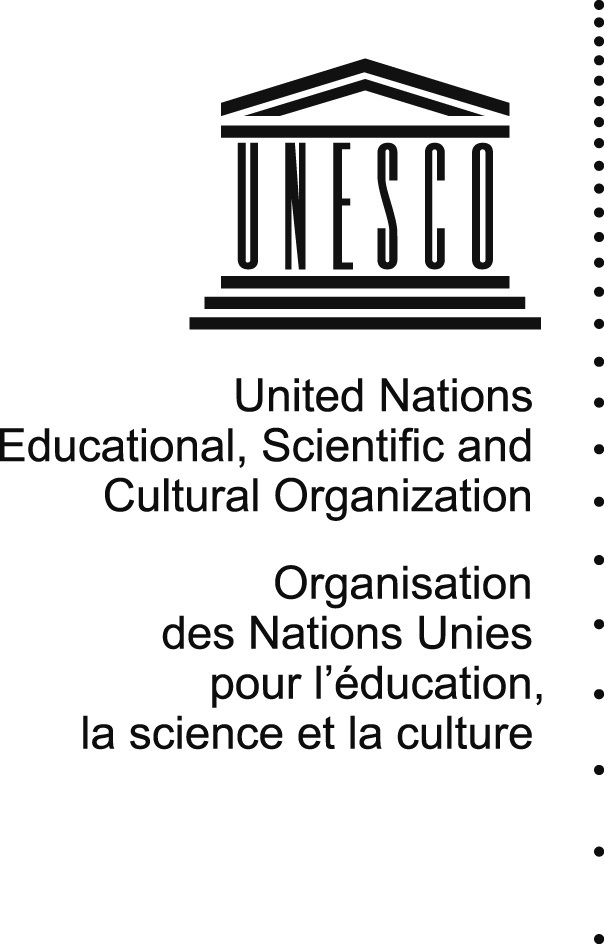The Ethical Dimensions of Artificial Intelligence
United Nations Educational, Scientific and Cultural Organization (UNESCO)

Session 195
If we are to make the most of the possibilities offered by AI to the world, we must ensure that it serves humanity, with respect for human rights and human dignity, as well as our environment and ecosystems. Today, no global ethical framework or principles for AI developments and applications exist. UNESCO is a unique universal forum with over twenty years of experience in developing international instruments related to bioethics and the ethics of science and technology. It has the responsibility to lead an interdisciplinary, pluralistic, universal, and enlightened debate – not a technical debate, but an ethical one – in order to enter this new era with our eyes wide open, without sacrificing our values, and to make it possible to establish a common global foundation of ethical principles. This high level dialogue will look at the ethical dimensions of Artificial Intelligence that can contribute towards sustainable development, but also pose questions related to the use of this emerging technologies and the respect of universal ethical principles and fundamental human rights.
UNESCO is playing a leading role to sensitize different stakeholders on the ethical dimensions of the use of Artificial intelligence and ensuring multi-stakeholder reflection on challenges to be addressed and the development of its use in furthering inclusive equitable knowledge societies. UNESCO has a record of reflecting on the ethics of science and technology and analyzing the impact of the development of technology in specific areas such as health, environment, and space, among others. The Organization is recognized as an honest broker that promotes ethical reflection to allow the advancement of science and technology, while at the same time, ensuring the respect of universal ethical values and human rights.
In 2015 UNESCO Member States have adopted an updated position to address digital policies called Internet Universality R.O.A.M. principles. These principles urge that digital development be aligned with human Rights, Openness, Accessibility and Multi-stakeholder governance. This is a holistic frame that can help to guide the ensemble of values, norms, policies, regulations, codes and ethics that govern the development and use of AI in areas of UNESCO’s mandate.UNESCO has two advisory bodies in ethics and bioethics, composed of independent experts that produce reports to guide policy makers, researchers, civil society and other actors, on emerging and relevant ethical questions related to the development of science and technology. In addition, UNESCO’s Intergovernmental Programme IFAP (Information For All Programme) has Information Ethics as one of its six programmatic priorities. The International Bioethics Committee (IBC) and the World Commission on Ethics of Scientific knowledge and Technology, known as COMEST. Recently, COMEST adopted its report on the Ethics of Robotics. Currently, it is working on a report on Internet of Things, and in parallel has prepared a study on ethical issues related to AI. Furthermore, and in the framework of UNESCO’s work as facilitator for action line C10 (Ethical Dimensions of the Information Society) of the WSIS (World Summit on the Information Society) process and follow up, the Organization has tirelessly promoted cooperation to ensure the development of universally held values and principles to further inclusive knowledge societies.
Furthermore, UNESCO is currently working on translating its ROAM principles of Internet Universality to the field of AI through ongoing research, including a summary preview in the area of Communications and Information, and which is titled “Steering AI for Knowledge Societies: a ROAM perspective.” This examines some changes that AI is bringing, and its multiple implications, risks and opportunities in areas of Rights Openness, Accessibility and Multi-stakeholder participation, as well as cross-cutting issues including gender equality, youth empowerment, trust and ethical dimensions.
This high level dialogue will take stock of ongoing discussions and existing initiatives and studies on the ethical dimensions of Artificial Intelligence and make recommendations so that Artificial Intelligence can contribute towards fundamental values that leave no one behind. Specifically, the high level dialogue will address the following: What do we mean exactly by a human centred and ethical AI? What are the immediate and potential long-term ethical challenges raised by AI in the domains of UNESCO’s mandate? What are some of the challenges in establishing ethical frameworks and principles in this field? Does this definition change in different regions of the world? What is a possible way forward and who needs to be involved in the conversation?
Moderator
Sasha Rubel, Programme Specialist, Knowledge Societies Division, UNESCO
Speakers/Panellists
Panelists in alphabetical order:
· Dr. Salma Abbasi, Chairperson and CEO, The eWorldwide Group
· Adriana Eufrasina Bora, Student, International Public Management
· Katie Evans, PhD Philosophy, the ethics of AI
· Mei Lin Fung, co-founder, People Centered Internet
· Konstantinos Karachalios, Managing Director, IEEE
· Nicolas Miailhe, Co-Founder and Director, The Future Society
· Monique Morrow, President, VETRI Foundation
· Karine Perset, Economist, OECD
· Amandeep Singh Gill, Executive Director, Secretariat of the High-level Panel on Digital Cooperation (ex officio)
· Peter Paul Verbeek, COMEST Member
Session's link to WSIS Action Lines
-
 C10. Ethical dimensions of the Information Society
C10. Ethical dimensions of the Information Society
Session's link to Sustainable Development Process
-
 Goal 16: Promote just, peaceful and inclusive societies
Goal 16: Promote just, peaceful and inclusive societies